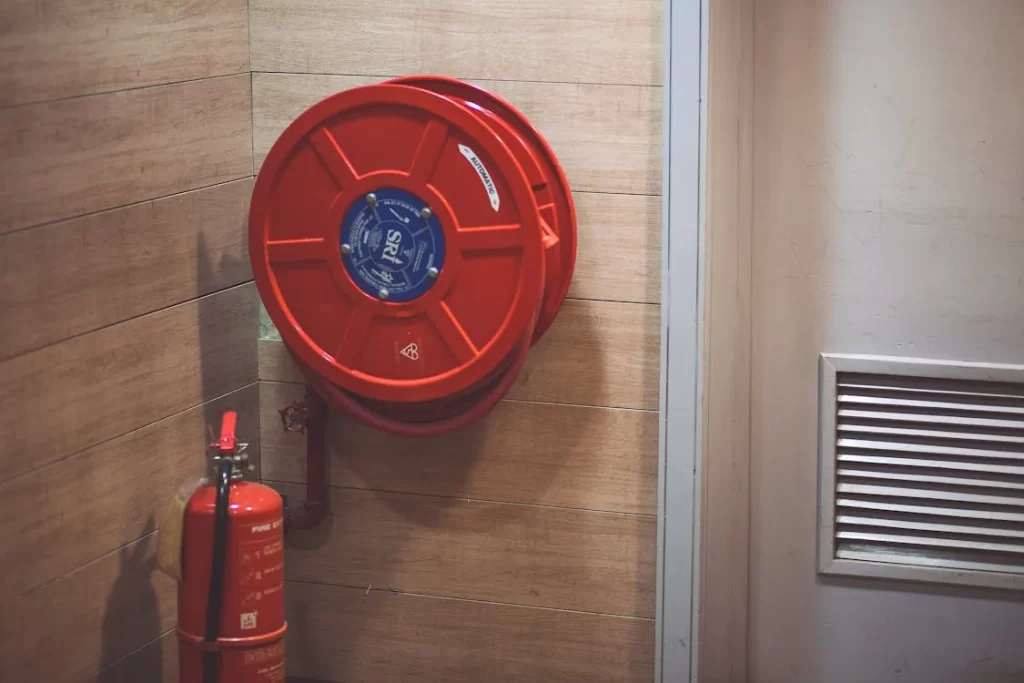How to Ensure Your Business Complies with UK Fire Safety Regulations
Fire safety compliance is a critical aspect of managing a business. It not only ensures the safety of employees and customers but also aligns with legal obligations.
In the UK, businesses must adhere to stringent fire safety laws, which involve several key practices to minimise risk and enhance safety.
Implementing these measures effectively requires a thorough approach and continuous attention to detail, such is provided by TJC Fire & Electrical.
We’ve created this blog to tell you more, so let’s take a look.
Conduct Comprehensive Fire Risk Assessments
This involves a detailed examination of all potential fire hazards within your workplace, such as electrical equipment, heating, and storage practices. A qualified professional should perform these assessments to identify and evaluate risks accurately. Regular updates to the risk assessment are crucial following any significant changes in operations or layout to ensure all new hazards are addressed.
Installation of Appropriate Fire Safety Equipment
After assessing risks, install the necessary fire safety equipment. This includes a range of fire extinguishers—each suited to different types of fires (e.g., water extinguishers for paper and wood, CO2 for electrical fires), fire alarms, and smoke detectors. Placement should be strategic, ensuring accessibility and visibility to all employees.

Maintenance and Regular Testing
To guarantee functionality in an emergency, conduct regular maintenance of all fire safety equipment. This includes weekly testing of fire alarms and annual maintenance checks of fire extinguishers. Emergency lighting and fire exit signs should also be tested to ensure they are operational and visible.
Training Employees and Conducting Fire Drills
Comprehensive training for all employees on how to respond to fires, including practical demonstrations on the use of fire extinguishers and familiarisation with evacuation routes, is essential. Regular fire drills will help reinforce this training by providing practical experience in a controlled environment.
Clear Evacuation Procedures
Develop clear, concise, and well-communicated evacuation procedures. These should include marked escape routes and assembly points that are known to all occupants. Special considerations should be made for the safety of vulnerable individuals such as those with disabilities.
Documentation and Compliance
Keep thorough records of all fire safety measures, including details of risk assessments, training sessions, maintenance checks, and fire drills. These documents should be regularly updated and readily available for inspection by fire safety authorities.
Engage with Fire Safety Professionals
Regular consultations with fire safety experts can provide valuable insights into the latest safety technologies and strategies. These professionals can offer bespoke advice tailored to the specific needs and challenges of your business.
By following these steps, businesses can ensure they not only comply with UK fire safety regulations but also establish a proactive approach to workplace safety. This commitment to rigorous safety standards not only protects individuals but also supports the overall integrity and reputation of your business. Remember, effective fire safety management is an ongoing process that plays a crucial role in creating a safe and secure work environment.
For expert assistance in fire risk assessments and the installation of top-quality fire safety equipment, contact us at TJC Fire and Electrical. Our experienced team can provide you with tailored solutions to ensure your business remains safe and compliant.
